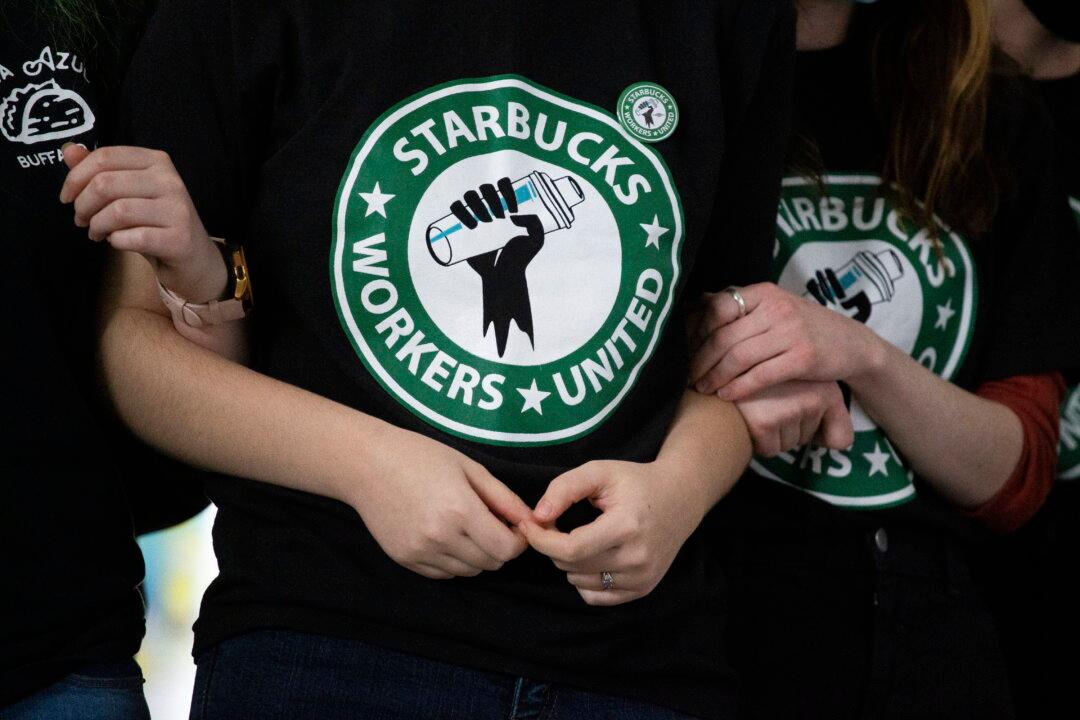Sen. Bill Cassidy (R-La.) accused the National Labor Relations Board (NLRB) of being weaponized against U.S. employers on behalf of unions and the politicians they support during a hearing with testimony from former Starbucks CEO Howard Schultz.
Cassidy, ranking member of the Senate Health, Education, Labor, and Pensions (HELP) Committee, made the remarks during the March 29 hearing on labor relations at Starbucks, which was held to address allegations of misconduct filed against the coffee chain with the labor relations board.





